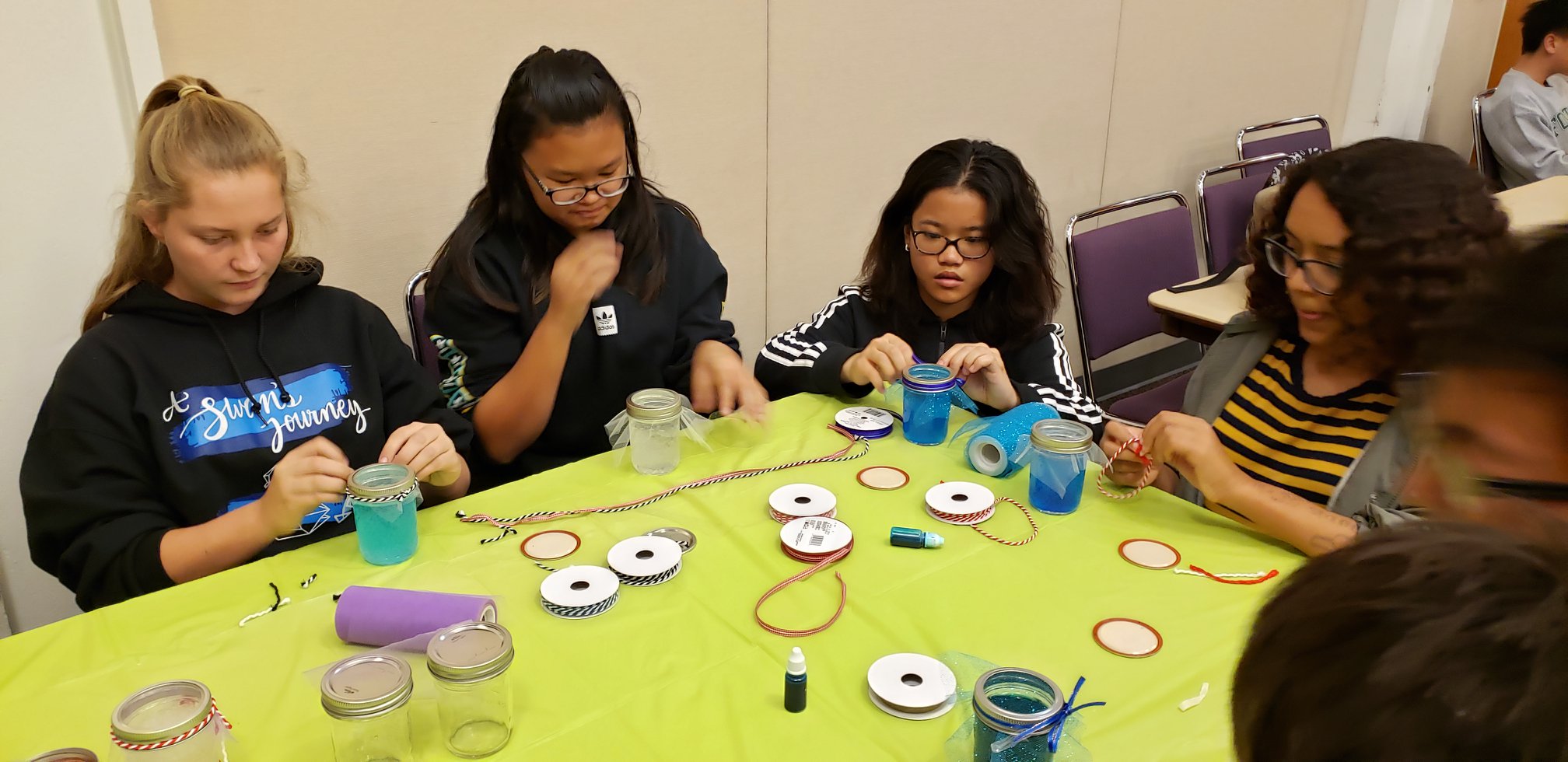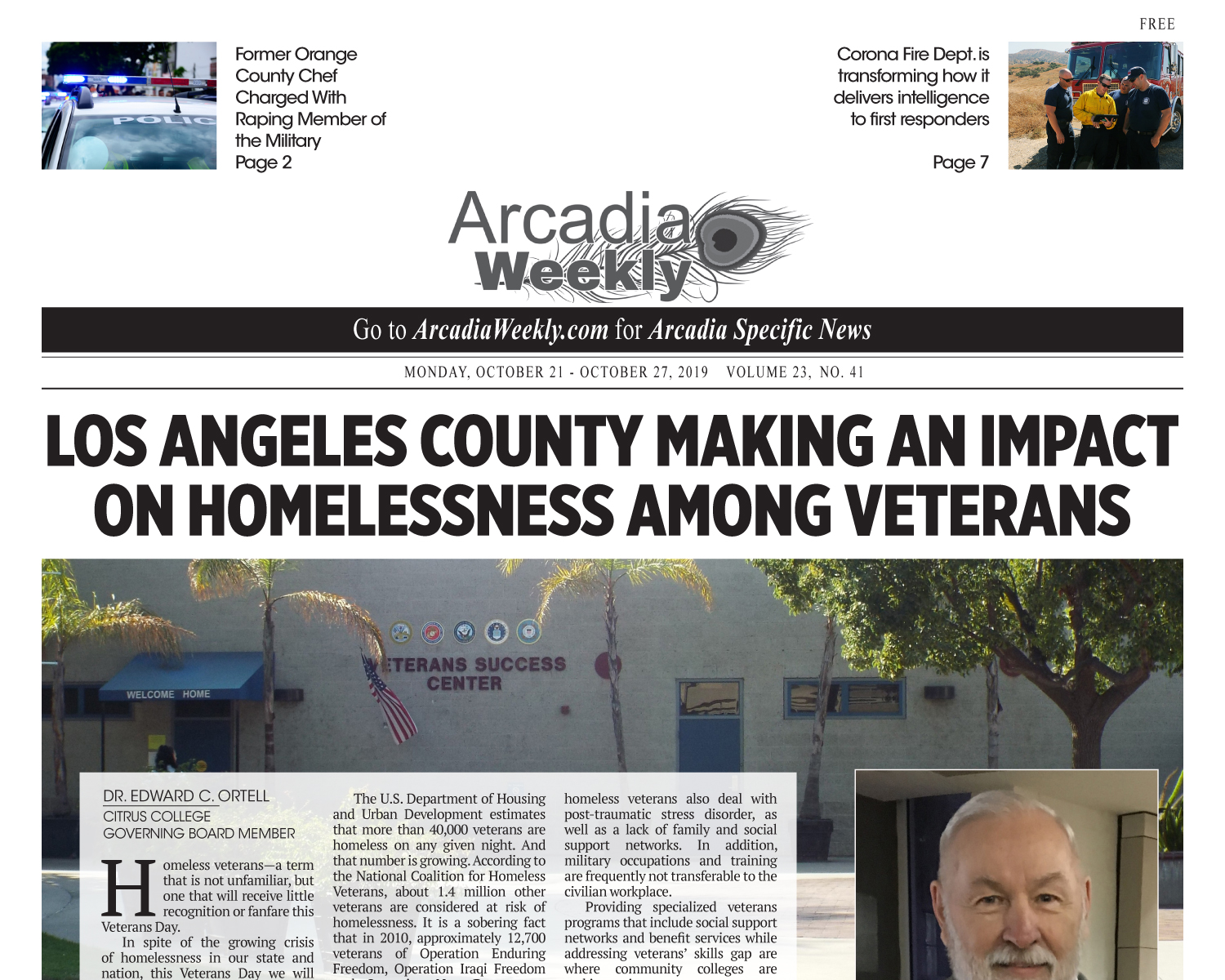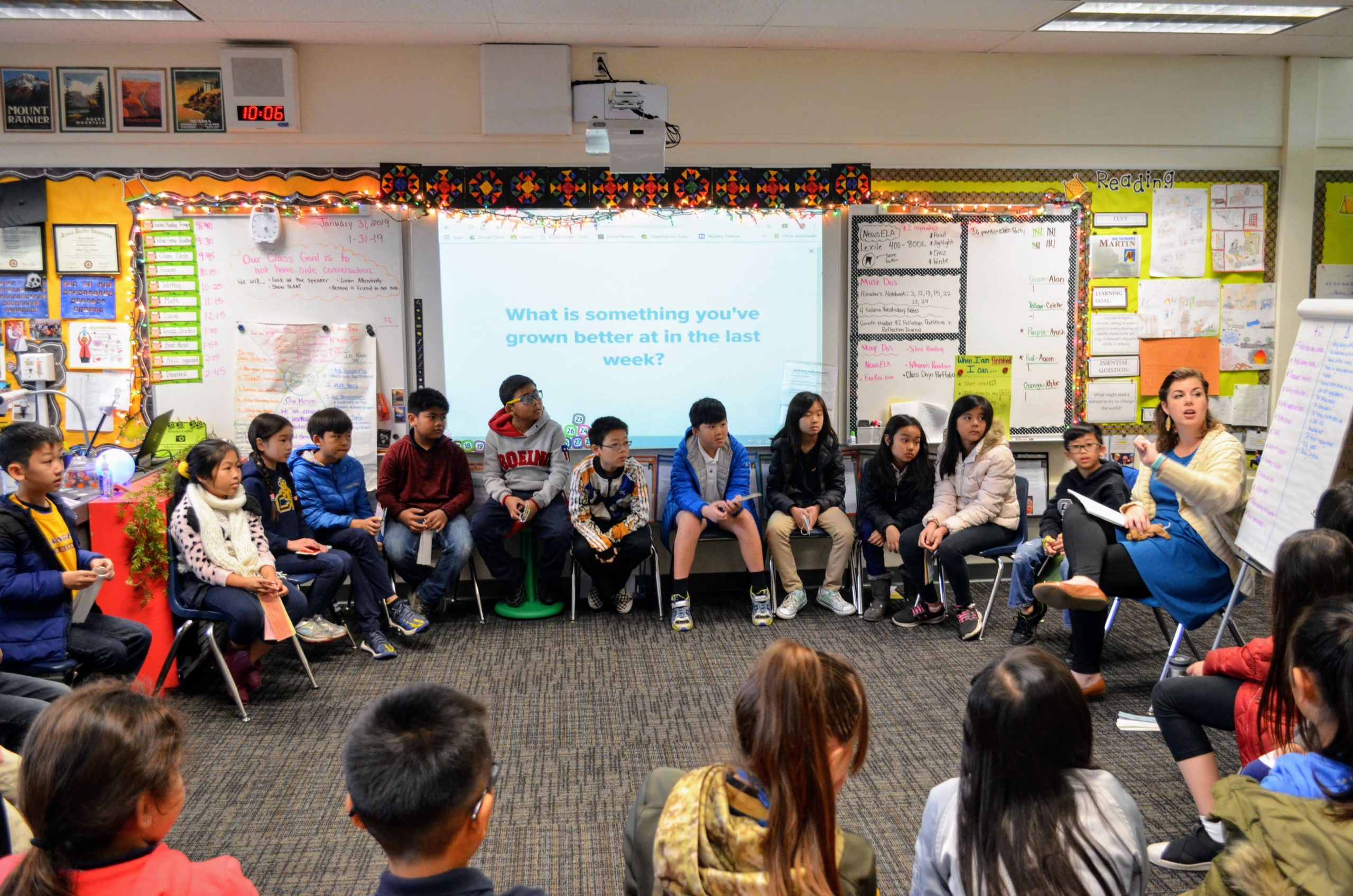By Angela Copeland
When a company is looking to hire someone, finding the right candidate takes time. There are often multiple phone screens, multiple video interviews, and in person panel interviews. In some cases, there are homework assignments, IQ tests, personality tests, and drug tests. Typically, there are reference checks. Sometimes job seekers provide writing samples or portfolios of their work.
Thinking about this makes me tired. Don’t you agree? The point is, going through a job search is a ton of work – on both sides. As you can imagine, it’s very important that the job seeker is honest and up front with the company. If they misrepresent their work in any way, the company won’t be able to make the best hiring decision.
On the flip side of this coin, it’s very important that the company is honest and up front with the candidate. What could I possibly mean by that? Well, did you know that sometimes companies will interview candidates when there isn’t really a job available?
That sounds pretty weird, doesn’t it? How could that possibly happen? First, it does happen. I recently witnessed someone go through fifteen rounds of interviews with one company. At the end, the person was notified that they were the top choice candidate, but that the team wasn’t authorized to hire anyone.
I don’t think the company meant any harm by this decision. I think they truly hoped they would get approval for the position, but just never did.
But, let’s think of this from the candidate’s perspective. The candidate turned down other interviews to attend these fifteen interviews. The candidate missed their own work meetings to go to these interviews. The candidate made a lot of sacrifices of their time over months in order to make this work. They made these choices because they were investing in an opportunity that the candidate wanted.
When the company shared with the candidate that they wouldn’t be able to hire them, the company never apologized. It seems clear that the company didn’t realize how much they personally impacted that job seeker. The company never thought about the other opportunities the person walked away from to focus on them.
This is where ethics come in. Interviewing candidates for a job isn’t the same as test driving cars at the dealership. They’re real people. If you don’t select someone because they aren’t the best candidate, no problem. And, if the job was canceled midway through the process, well, life happens sometimes. But, if you are interviewing candidates when you know there is not approval for a job, and you aren’t disclosing that information to the candidate in the first conversation, you are being an unethical hiring manager. The candidate should be able to decide if this role is important enough to prioritize it, considering the potential risk involved.
Let’s agree to be honest and up front. Ethics are important. Transparency is important.
Angela Copeland, a career expert and founder of Copeland Coaching, can be reached at copelandcoaching.com.







